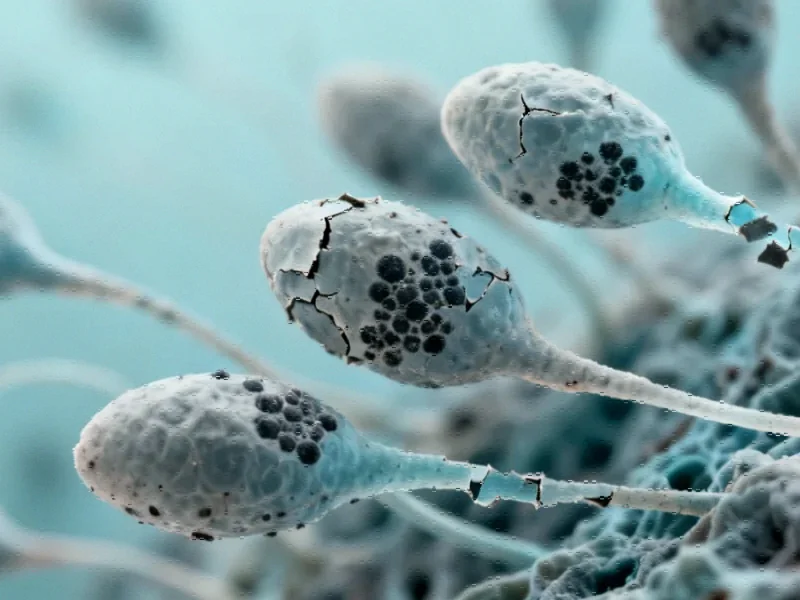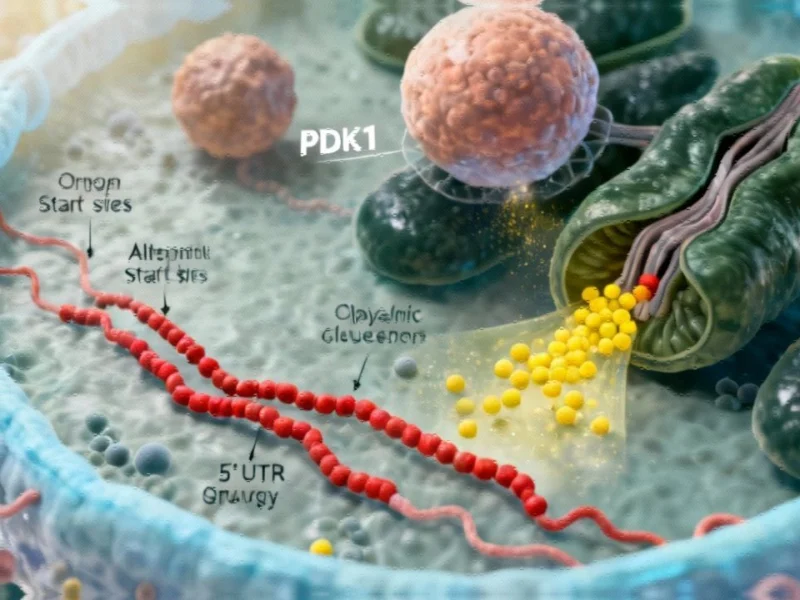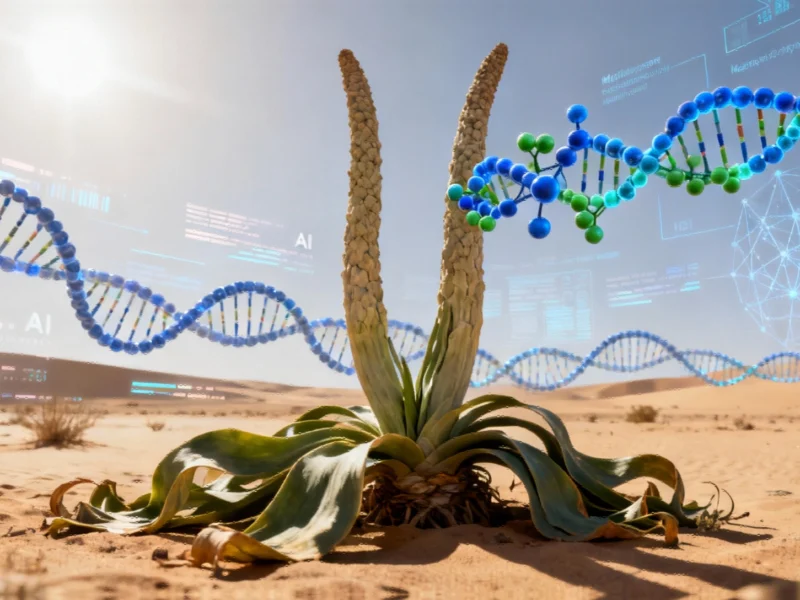Advanced Genetic Study Reveals Increased Mutation Load in Aging Male Sperm, Elevating Offspring Health Risks
** A groundbreaking study has uncovered that men accumulate more DNA mutations in their sperm as they age, with some “selfish” mutations gaining a competitive advantage. This research provides new insights into how paternal age can influence the genetic health of future generations, revealing that up to 4.5% of sperm in older men may carry harmful changes. **CONTENT:**



